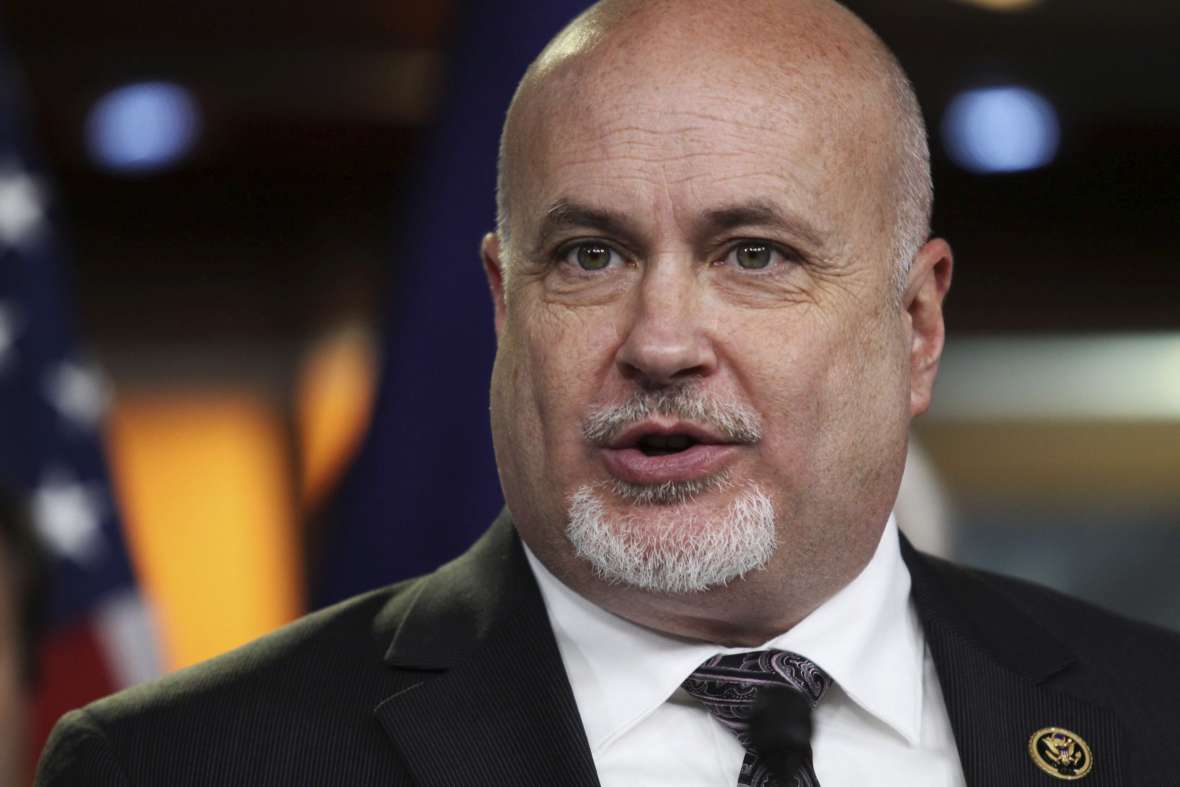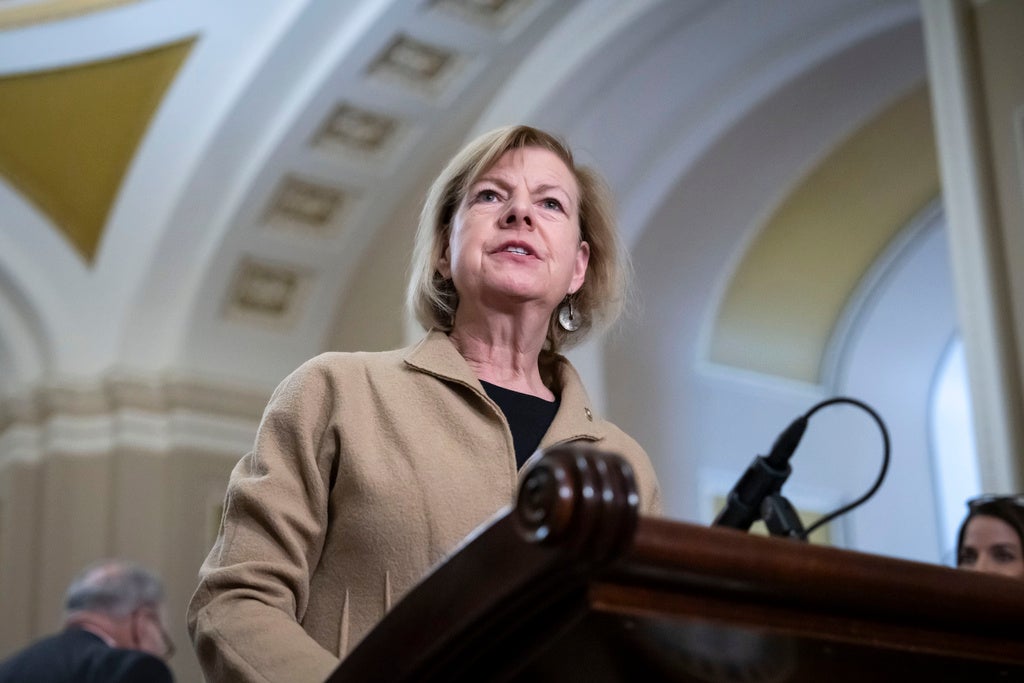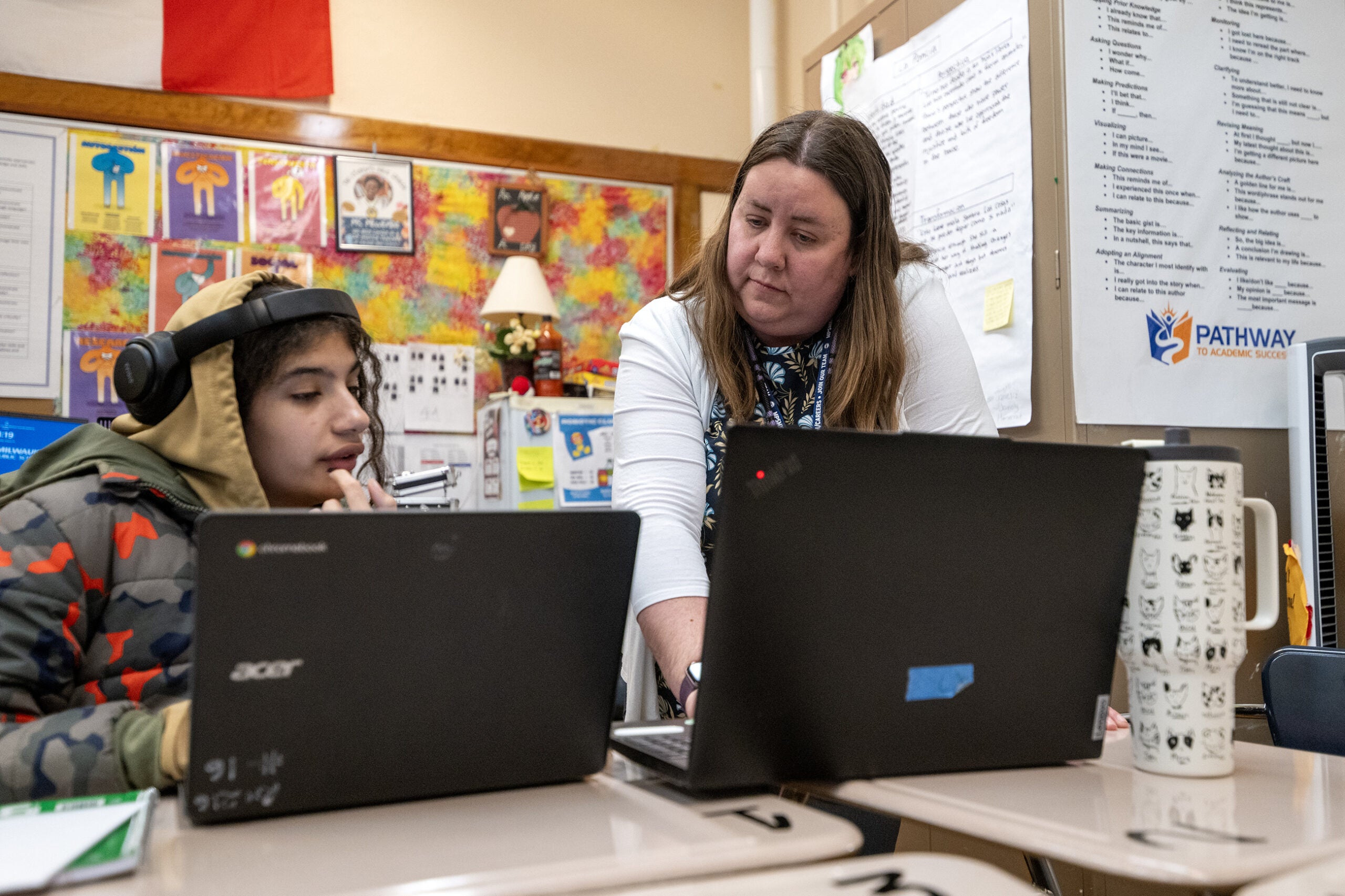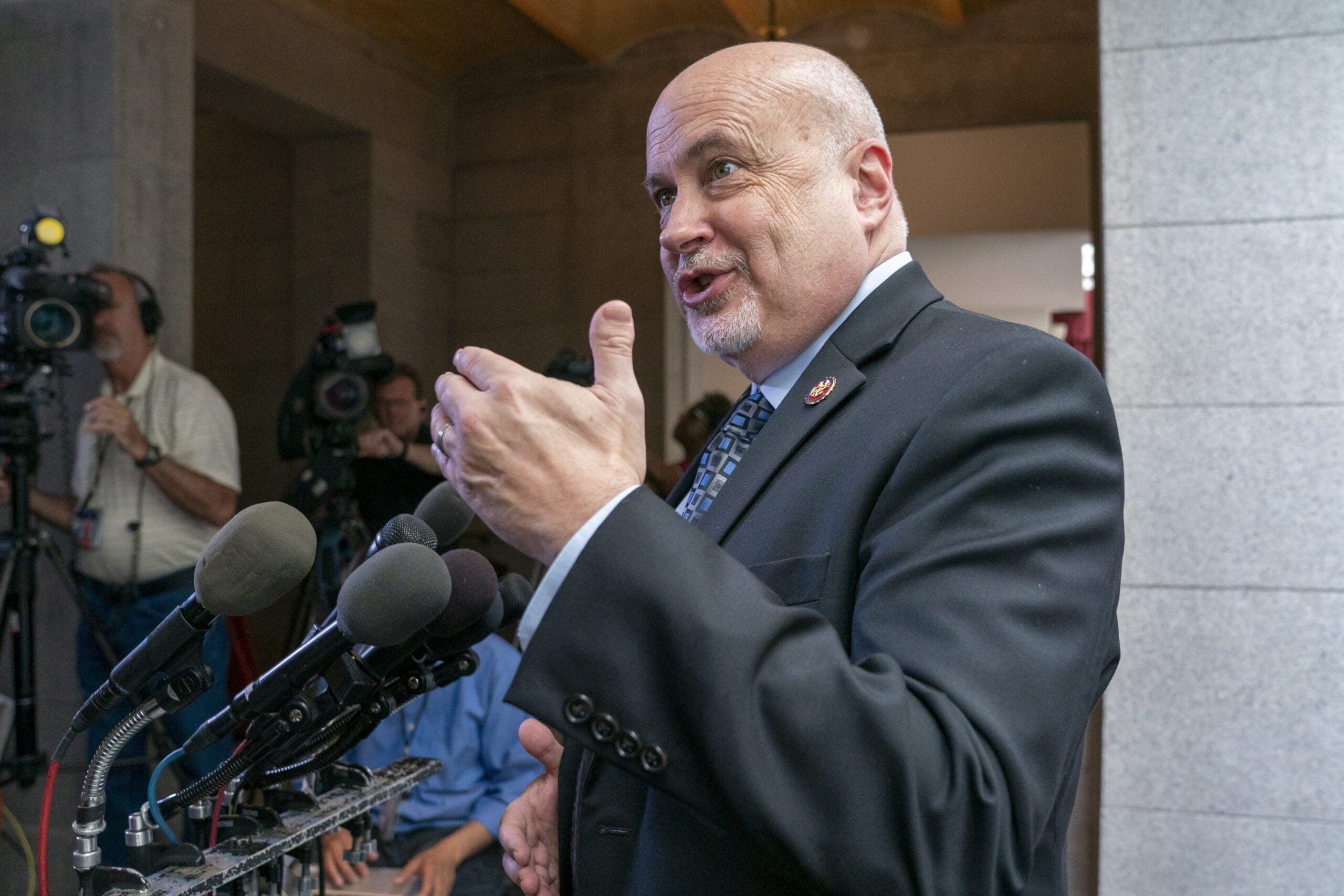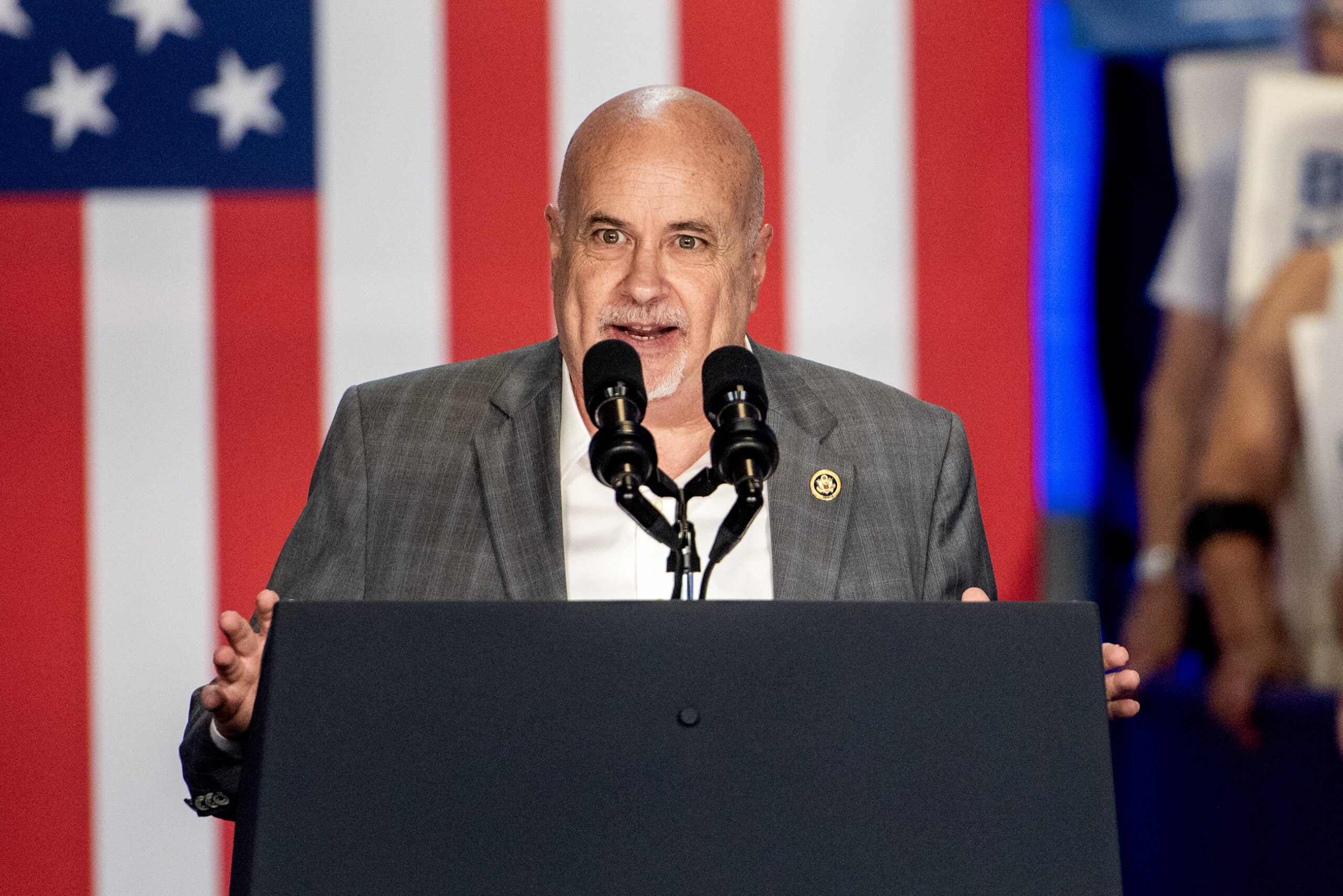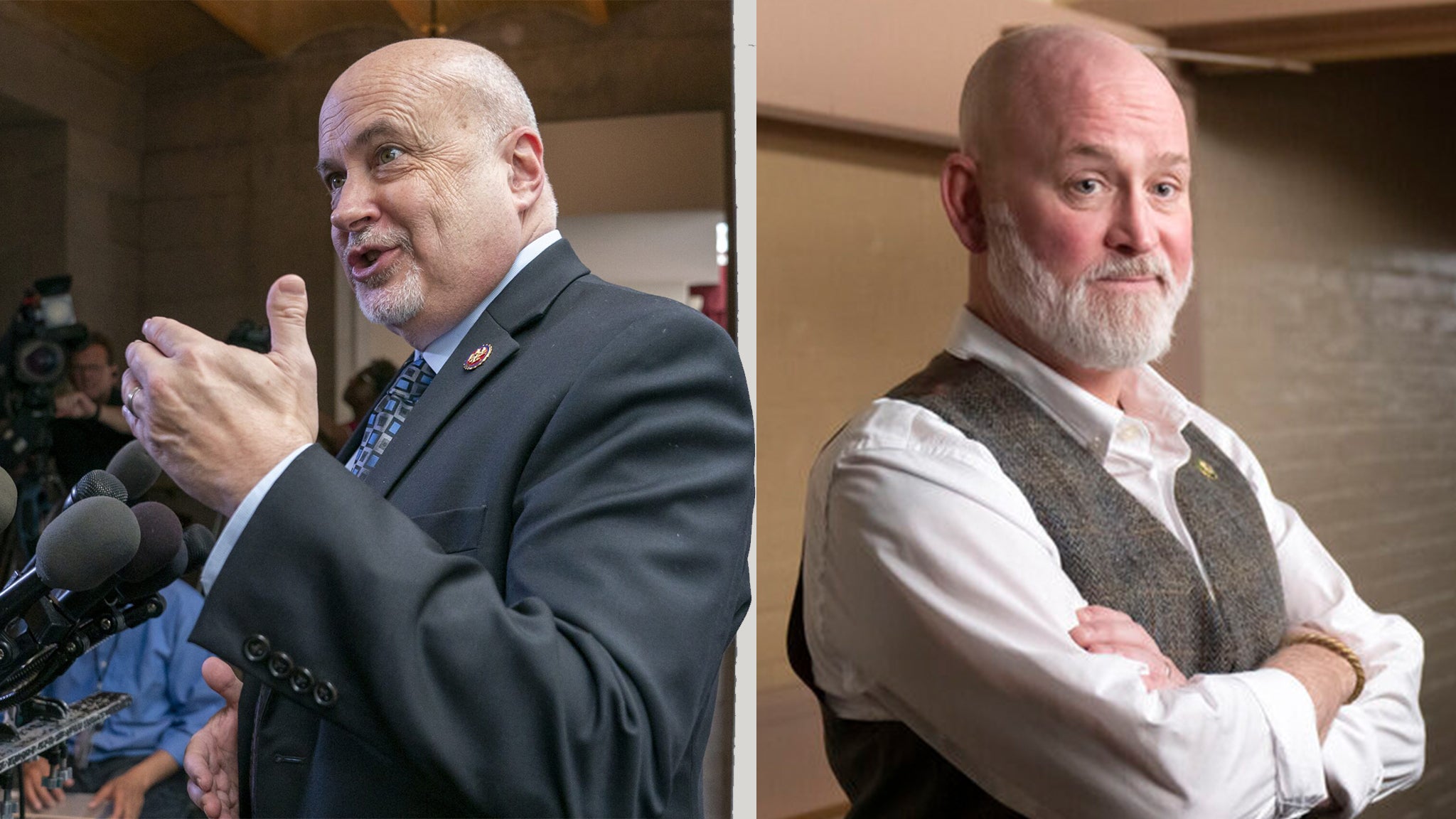Wisconsin U.S. Congressman Mark Pocan said Friday changes to federal gun laws may be on the horizon as lawmakers respond to constituents in the wake of last month’s deadly Florida shooting.
Pocan, a Democrat, told reporters in Madison the tone in Congress has changed in conversations and negotiations surrounding gun laws.
“Right now, it really does feel different,” he said. “And I think this is a moment that if we don’t take advantage of (it), we are remiss in doing our jobs. We have to be as brave as high school students across the country.”
News with a little more humanity
WPR’s “Wisconsin Today” newsletter keeps you connected to the state you love without feeling overwhelmed. No paywall. No agenda. No corporate filter.
Students, including some who survived last month’s shooting at Marjory Stoneman Douglas High School in Parkland, Florida, have advocated for stricter gun laws in the aftermath of the shooting rampage that killed 17 people.
Some major retailers have announced changes to their gun sale policies in response to public outcry.
Pocan said lawmakers should follow that lead.
“Companies, corporate America is leading on this by doing what they know their customers are asking for,” he said. “It’s time elected officials … should also be doing that.”
The congressman said a comprehensive package of changes would be most likely to garner widespread support from federal lawmakers. He expects whatever measures are approved will pass with bipartisan votes, based on his knowledge of ongoing negotiations.
Pocan said conversations about banning bump stocks and assault weapons are ongoing, as well as measures that would fund gun violence research and mental health programs. Raising the minimum age for gun purchases is also on the table.
As the federal debate continues, Gov. Scott Walker has said he is working with state lawmakers to roll out a number of changes to state laws related to guns and school safety.
“You certainly can do things on the state and local level, and we want to see those things happening as well,” Pocan said. “I wouldn’t wait for the federal government to do something.”
Pocan cited a possible special session on gun legislation in Wisconsin as a reason for Walker to quickly call special elections to fill two vacant legislative seats in the state Capitol.
“If you don’t have representation in an Assembly district, a Senate district, you’re hurting the people who live in those districts,” he said.
The two open seats were vacated by Sen. Frank Lasee, R-De Pere, and Rep. Keith Ripp, R-Lodi, in December. Both lawmakers have taken positions in the Walker administration.
Walker has said he doesn’t need to call the elections this year, because lawmakers have nearly completed their legislative work for 2018.
Some Democrats have called Walker’s failure to call a special election a politically motivated move, as Democrats came away from a January special election with an upset victory in a Republican-leaning district.
Pocan also weighed in Friday on new reports that Wisconsin’s election systems were compromised by Russian hackers during the 2016 presidential election.
Walker and state election officials have said there is no evidence of a successful Russian hack that resulted in tampering with Wisconsin election systems or results. They acknowledge an attempted hack took place in 2016, but was not successful.
Pocan said more information will continue to emerge about Russian hacking and interference as a federal investigation moves forward.
He urged state officials and lawmakers to do what they can to bolster security of the state’s election systems.
“Wisconsin is a swing state — I would hope that any Democrat or Republican would want to protect ourselves from any outside forces trying to come in and do something” he said.
Pocan said he is pushing on a federal level for more widespread use of paper receipts at polling places. He argues paper receipts will ensure voter trust in election systems’ integrity and make hand recounts easier, if they are deemed necessary.
Wisconsin Public Radio, © Copyright 2026, Board of Regents of the University of Wisconsin System and Wisconsin Educational Communications Board.

